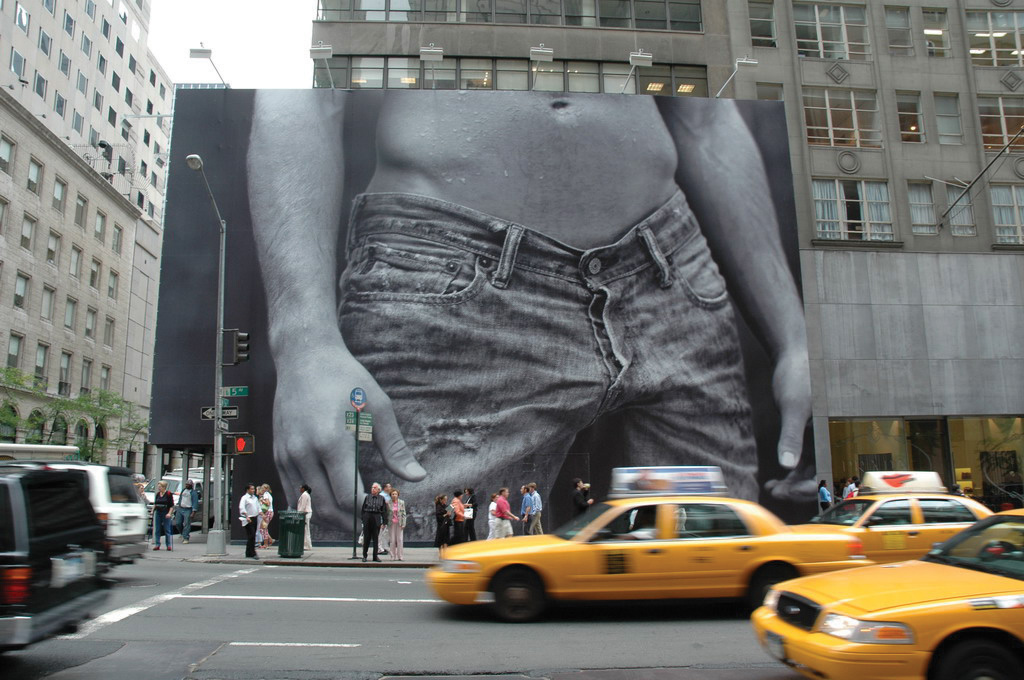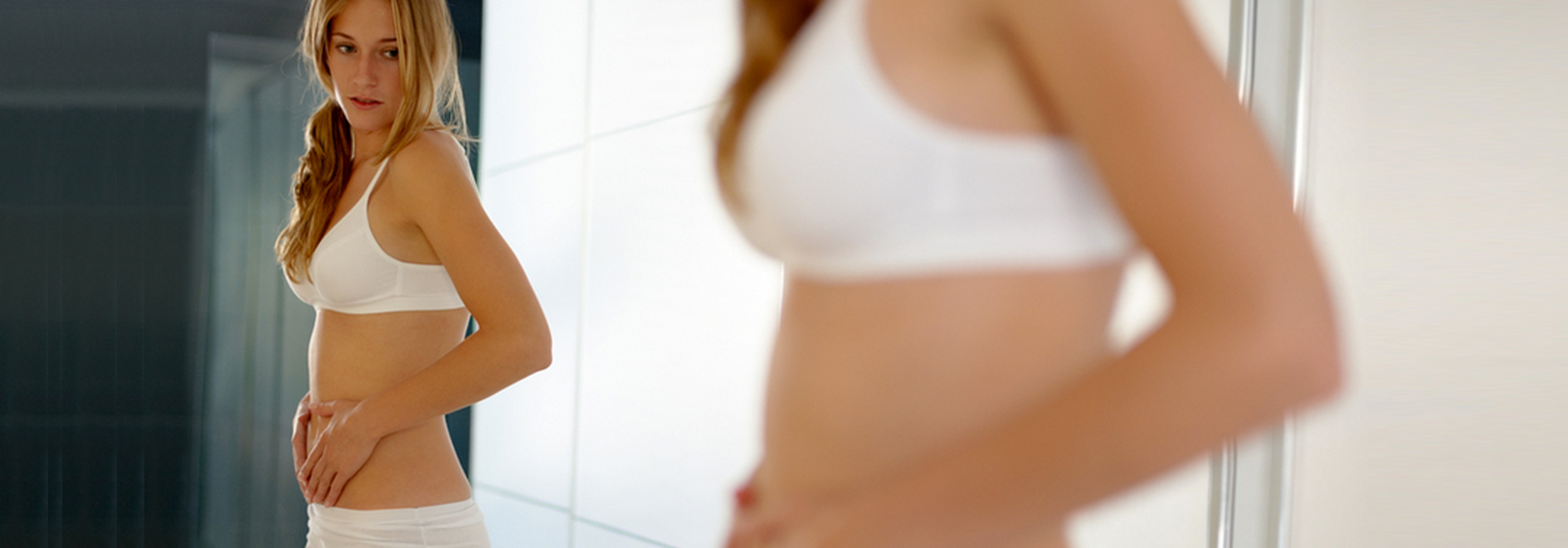The Silent Struggle of the 21st Century: An insight into the growing epidemic of male body image problems
If you were to walk down the street and randomly ask people what kind of people they believe suffer from eating disorders and body image issues, many would answer that they are female issues. Very few would acknowledge that men can, and do, suffer from such illnesses and issues. Even today, in our every accepting and modern society, the male body image stereotype is powerful and ingrains itself in millions of men around the world.
Men are strong.
Men are leaders.
Men are not supposed to feel guilty about what they eat.
Men don’t complain about fat days.
Men certainly don’t stick their fingers down their throat and purge their meals.
Men don’t starve themselves.
Men aren’t supposed to look at themselves in the mirror and feel disgusted.
Why is this? Why are there preconceived notions of whom eating disorders and body image issues can effect? It seems that even in the 21st century, where information and knowledge is so widespread and easily accessible, some realities such as eating disorders are still topics usually kept in the dark and a topic that many people are ill informed about. The stigma attached and the purported stereotype still exists about who the sufferers are and what such disorders mean for these people.
Publications which seek to provide health and fitness advice to men around the world, are continuously feeding societal stereotypes of the perfect male image. And not only physically, but mentally and emotionally. They are setting the standard on what a man should be, and many men are making it their life goals to attain this perfect man status.
It’s not just women anymore; Men are increasingly part of this growing trend of eating disorders. This is a superficial and skin-deep society where sex, skin and commercialism drives a portrayal of how we should look like. We live in a society where an ever-growing numbers of teenagers are starting to judge their self worth by the numbers on the scale and how they look compared to their peers.
Men are also now part of the struggle to attain a six pack; the defined body that we are told is the male form that we need to live up to. And it is now a reality that millions of men spend countless hours striving to change their lives in order to come one step closer to attaining something, but at the risk of both their physical and mental health.
The 21st century has brought with it the ideal image of the male physique to be fit, sculptured & possessing a six pack. And this can be seen everywhere.
As a result, there is now a rise in eating disorders amongst the male demographic; challenging traditional concepts of eating disorders as a woman’s illness. In recent years, data points to the increasing number of men and boys presenting with anorexia nervosa, bulimia nervosa and related food and body image disorders. In fact, research suggests that male eating disorders now account for at least 10 percent of all cases.
Like their female counterparts, eating disorders in men and boys are often supported by psychological and sociological pressures, such as traditional gender roles and socially accepted ideals of masculinity. Just as media messages targeted to women and girls promote unrealistic ideals of beauty and tips for achieving the coveted thin physique, males are bombarded with media messages about masculine ideals of strength and six-pack abs. The pursuit of these elusive ideals, or the recognition that perfection eludes them, can often result in a feeling of isolation from which eating disorders can often emerge. And this is unfortunately the beginning of the spiralling effect of an eating disorder.
When the world’s most famous individuals and idols are canvases for the ideal body, then it’s natural that men will strive to attain it too. They live the glamorous lives we all desire, And so naturally they have the physique we all desire too.
Couple this with the shame, the stigma and the silence that is associated with eating disorders in males and you have a big problem that is becoming a silent killer.
Under-diagnosis and acceptance of eating disorders in males is partially due to the associated stigma. As a male, if you suffer from any sort of eating disorder or body image issues, the traditional masculine ideal and psych tells you that it is abnormal and that you as a male do not fit the mould of an eating disorder victim.
The rise of rise of social media and smart phones has also resulted in the rise of comparative syndromes, whereby friends and social groups set standards and individuals strive to meet these standards to stay apart of certain social groups and cultures.
This has resulted in the sharp rise of body dysmorphia in teenagers and even adults; A mental illness where individuals perceive their physical selves to be flawed accompanied by an overbearing desire to fix or hide these flaws.
Unfortunately, these societal stereotypes go a long way in creating obstacles for male teenagers and adults. They may find that they do not want to discuss it with peers or bring up the topic because it might not be taken seriously, or that they may lose friends or their image if they are seen to be struggling with such body issues.
Unfortunately, it also means that this becomes a silent struggle, as the physical ramifications of eating disorders are not as evident in men, and many men who do suffer from eating disorders do not fit the bone thin, pale and weak stereotype of what an ED sufferer looks like.
This is where we need to change our perception to properly understand. After all, eating disorders do not discriminate on the grounds of colour, creed, age or gender. There needs to be greater awareness of such issues, including mental illnesses, as many people still do not understand or acknowledge that men are now as susceptible to such illnesses as women. The implementation of further resources, research and support for men with eating disorders, and greater awareness needs to occur.
We have finally started to reject the notion of what an ideal woman’s body looks like. The Dove Campaign for Real Beauty was an international success story, a campaign celebrating the natural physical variation embodied by all women and inspiring them to have confidence in their physical selves. Unfortunately, the image of what a mans ideal body looks like is here to stay, and there won’t be campaigns attacking this issue for a long time.
If we don’t do something soon, many males out there will continue to silently struggling, and feel they have no where to turn to, like I did. This is especially devastating where we can treat these illnesses and sufferers can make full recoveries.
To say that there will one day be an end to the societal pressures to be perfect, and to have a defined body shape, and to the never ending images and airbrushed photos of how we ought to look, is not a reality. Unfortunately, they’re here to stay and they’re here to persuade. Our job as everyday people is to try and limit the impact of these and limit how we acknowledge the perfection and flaws of others. Our beauty is not just skin deep, it’s deeper than that.
I call out to those who read this article, that we need to stop emphasizing the physical qualities of an individual over their personality and acknowledge their existence as a beautifully created human being, regardless of their flaws.
It’s a bit ironic, and call me a hypocrite, because I still cannot accept the flaws that I fight to fix on a daily basis, but we can at least try. Funnily enough, acceptance of ones flaws is such a subjective thought; the flaws of an individual are beauty to another.
A larger number of boys & teens are now finding themselves struggling with their own body image issues, comparing themselves to body standards set by their colleagues, their idols & the media. For many this means increasing pressures, stress and demands to find ways to attain this ideal physique. Unfortunately this has also meant a rise in depression and mental health issues.
Being an individual who has suffered through an eating disorder, I can acknowledge the things that have both contributed, and helped me through my illness. I realise after coming out of the shadows of my illness, that my conscious decision to keep fighting and striving to put effort into keeping it all together was due to the daily reminder by those around me that I was more than just my physical self, and that my personality and abilities were desirable qualities.
They taught me that I should not judge myself on my body, and my perception of how body image was an indicator of a persons character. We as a community, and as a generation who is in this together, need to use strength, pride, unity and a sense of acceptance of difference to fight with, and help, those who suffer such evils. Love is our strongest asset; what might seem like a tiny gesture on our part is enough to get someone through another day.
Don’t attack people who don’t follow to societal images and stereotypes. Difference is beauty.
Seek out role models that don’t conform to the status quo. Don’t emphasize your reflection as an indication of your worth or your identity. Learn to value the person inside. Learn to appreciate body types in all shapes and sizes. If you have trouble accepting your body, take the concern seriously. Don’t confuse who you are with what you think you see. Develop a sense of identity based on all of your qualities and on your principles. Put your body back together. Indulge in life’s pleasures; we each have our own list. If you must fight, fight for your worth. Fight for what you want in life and fight until those around you see the difference. You are worthy of your desires, and you are worthy of living life the way you want to. You are worthy of every happiness and you are worthy of feeling as perfect as God designed you to be.
In the words of one my favourite classics, by one of my favourite artists, Tracy Chapman
If you look, you will see it with your own eyes,
If you listen, you will hear the cries,
If you care, you will stand and testify.
You can see the beauty with your own eyes, you can hear those yearning to find themselves and those struggling to love and learn, and most of all you have the ability to help and make the world a better place, one action at a time.

















